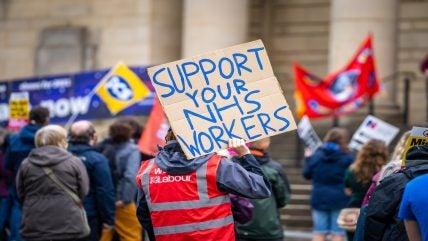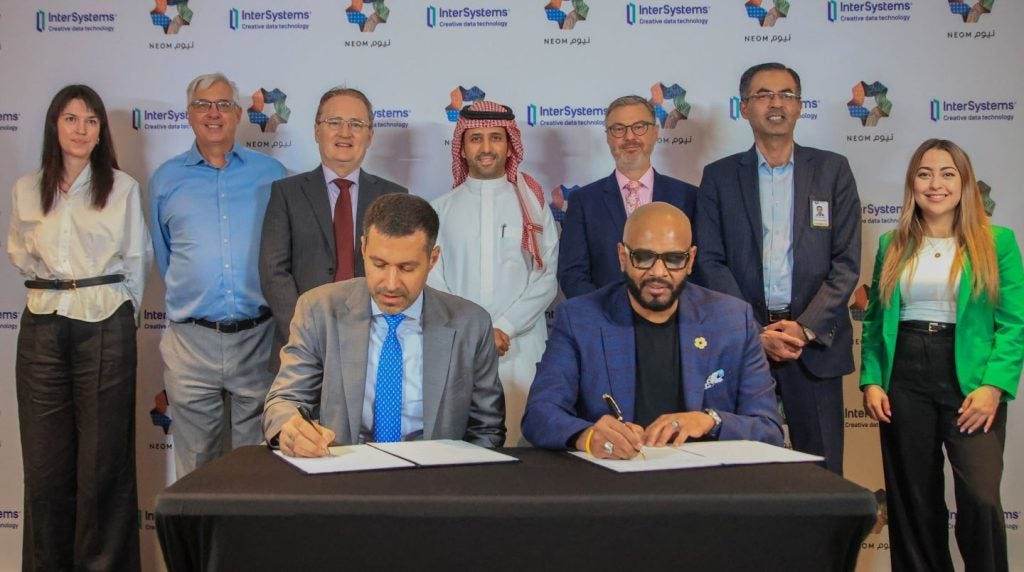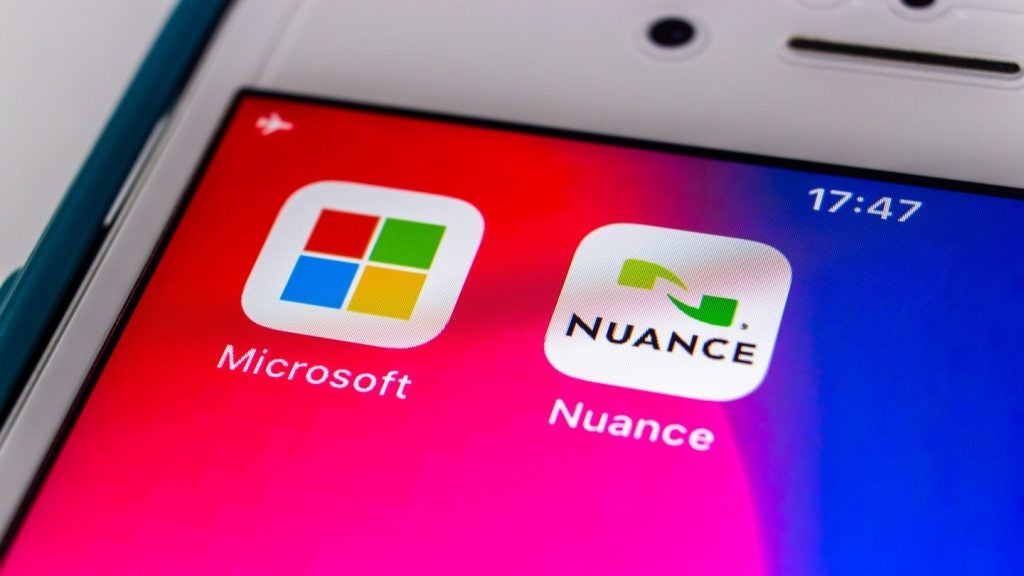
Several junior doctors in Lincolnshire, England have commenced a strike over pay disputes, resulting in the disruption of routine hospital services across the region.
Junior doctors, who make up nearly half of all NHS doctors, range from recent university graduates to those with over a decade of experience.
The industrial action, which began on 24 February and is set to conclude on 28 February, has prompted the local NHS to enact contingency plans.
These plans involve reallocating staff to cover the roles of striking junior doctors, with a focus on maintaining urgent and emergency care services.
BBC quoted NHS Lincolnshire Integrated Care Board System Delivery deputy director Rebecca Neno as saying: “I am not going to lie, it’s a difficult period. Whenever you take out a section of the workforce, things don’t work out as well.
“Consultants and senior nurses will work to cover roles, but absolutely there will be some operations cancelled.”
How well do you really know your competitors?
Access the most comprehensive Company Profiles on the market, powered by GlobalData. Save hours of research. Gain competitive edge.

Thank you!
Your download email will arrive shortly
Not ready to buy yet? Download a free sample
We are confident about the unique quality of our Company Profiles. However, we want you to make the most beneficial decision for your business, so we offer a free sample that you can download by submitting the below form
By GlobalDataNeno said that despite several efforts to prioritise urgent and emergency care services, longer waits in emergency departments and the potential cancellation of some planned operations or outpatient appointments would be “inevitable”.
This strike marks the tenth instance of industrial action by junior doctors since March 2023.
The British Medical Association (BMA), representing the junior doctors, has called for a 35% pay increase, a demand that has been rejected by government ministers.
Earlier, the government had stipulated that strikes must end before any further negotiations can take place.
The BMA has argued for pay rise to compensate for what it perceives as below-inflation increases since 2008.
Although junior doctors received around 9% pay rise this financial year, and an additional 3% was discussed at the end of 2023, no agreement was reached.
The BMA is currently balloting for further action beyond this strike.
Meanwhile, the NHS is making efforts to deliver planned care, particularly for patients with urgent clinical needs, and advises the public to attend scheduled appointments unless otherwise notified.
The NHS 111 service also remains available for health information, advice, and coordination of appropriate care, including callbacks from healthcare professionals and appointments at local services.







